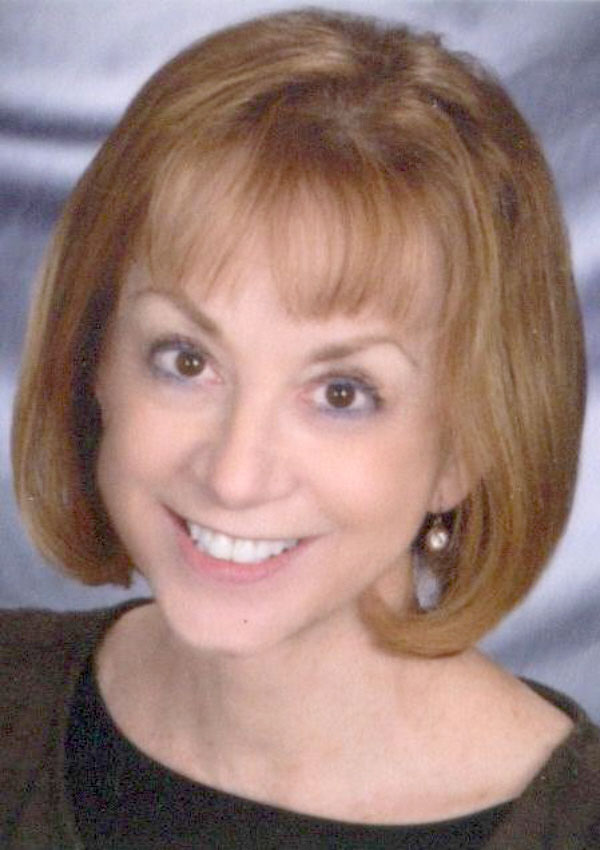By SHARON McMAHON
Be Well
 “A good laugh and a long sleep are the best cures in the doctor’s book.” – Irish Proverb
“A good laugh and a long sleep are the best cures in the doctor’s book.” – Irish Proverb
When I began “Sleep Part I” of this series, I thought I could easily include my opinions, research, and suggestions in a three-part series. Part I discussed the definition of disturbed sleep, Part II addressed the possible repercussions of sleep deprivation, and today I will address possible remedies or suggestions.
(NOTE: As I am not a licensed health care practitioner, I will not suggest specific remedies based on pharmaceutical or herbal modalities.)
I now realize I could have made this a “10-part series” as there is so much information AND misinformation out there! Disturbed sleep is more than an inconvenience affecting more than 60 million Americans that leaves you dragging the next day: It can affect your emotional and physical health. It negatively affects your memory, concentration, and mood, and it boosts your risk for depression, obesity, type 2 diabetes, heart disease, and high blood pressure.1
Nonprescription sleep medications contain antihistamines that can make you drowsy, but they’re not intended for regular use. Talk to your doctor before you take these, as antihistamines may cause side effects, such as daytime sleepiness, dizziness, confusion, cognitive decline, and difficulty urinating, which may be worse in older adults.2 Do keep in mind that sleep disturbances are more common in older adults, although it is not a given that aging will cause those sleep issues.
Some of the options practiced at the Mayo Clinic include Cognitive Behavioral Therapies for insomnia might include Stimulus Control Therapy, Relaxation Techniques, or Light Therapy. As noted previously, a full physical exam and diagnosis by a physician would be the proper protocol for any of these recommendations.
I have come to the conclusion that insomnia, sleep deprivation, or disturbed sleep must be a prevalent issue among many Americans. It is difficult to get through a TV show without a commercial advertising either prescription or OTC sleep aids. While strolling the vitamin aisles in the supermarkets or drug stores you will find the shelves stocked amply with OTC items such as noted above as well as herbal remedies. I would suggest that you forego self-treatment with any of these until you speak with your physician. Remember, too, that any OTCs or herbal items can interfere or cause harm if you are taking other prescription drugs.
While we are looking for scientifically-based information on vaccines or any medications, why on earth would we rely on anyone other than our own physicians? If we do not trust their advice … maybe we should change physicians rather than take our medical advice from media personalities, our neighbors, or any random person on any given day… Oh, well, just a thought!
In struggling with the most common sleep disturbance issues be sure to follow the common sense protocols of which we are most familiar: No electronic activity in the bedroom as it interferes with your own body’s production and regulation of melatonin, thermostat turned down, physical exercise of some description each day, no caffeine after mid-afternoon at the latest, no eating or drinking alcohol one to two hours before bedtime, and may I also suggest tuning out the daily bad news of the world prior to turning in! Practice deep breathing as you relax, inhaling through your nose (smell the flowers!) and exhaling through your mouth (blow out the candles!) and you will find that breathing properly will have a calming effect both physically and mentally. This type of breathing comes naturally to babies and small children – let’s learn from their deep sleeping habits!
In your plan for the best sleep, try the protocols mentioned above, then proceed to medical advice if those are not working for you. You and your physician can devise a plan that is safe and quite possibly effective in helping you to get the proper rest that your body and your mental capacities need.
I hope that this sleep series has been beneficial, Readers, as I believe that our society is in great need of more and better relaxation during these stressful times we have all faced of late during the pandemic and the unrest in our country and the world. Take care, and as my Scots ancestors would say, “Oidhche aisling mhath agus bruadar” – Good night and sweet dreams!
1 Charlene Galmado, M.D., Medical Director, Johns Hopkins Center for Sleep
2 Mayo Foundation for Medical Education and Research, 1998-2021
Sharon McMahon, CNWC
The opinions expressed in this article are not intended to replace advice of your personal physician or licensed health professional. Please consult your physician for any issues you may have related to nutrition or fitness activity.
